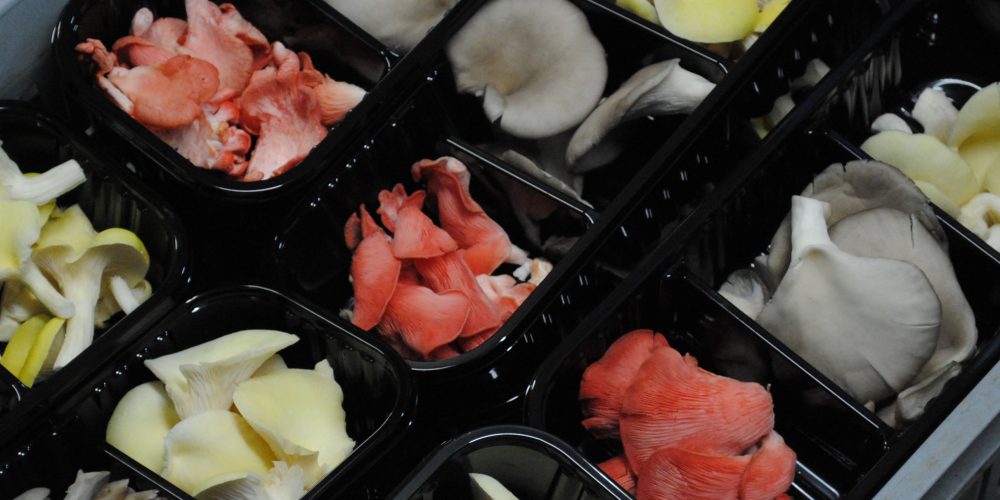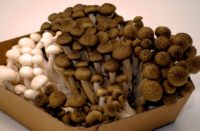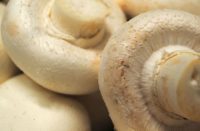Due to the spread of vegan lifestyle in the UK and Western Europe, the mushroom consumption habits are also changing. The trend over the last two years has been that lesser known exotic mushrooms are gaining attention, although the consumption of traditionally known mushrooms is slowly but gradually increasing. British Tesco reports that the consumption of grey oyster and king oyster mushrooms has increased by 240 (!) percent last year in Great Britain.
Growers are reporting that previously unpopular products such as baby oyster mushrooms, shiitake, or king oyster are gaining interest in stores and smaller producers alike.
Chefs who embrace the trend are also pleased with this change, as their potential is greatly enhanced by the appearance of mushrooms on the menus and, on the other hand, guests are encouraged to choose from a growing selection of exciting meat-free dishes. According to the chefs, the variety of oyster mushrooms and the open-cap brown mushroom “portobello” are excellent for preparing meat-imitating dishes, due to their texture and taste. These mushrooms can be spiced in many different ways, but they are delicious in themselves.
In a previous analysis by the American Mushroom Council, we could see that mushroom production has a significantly smaller ecological footprint compared to large-scale livestock farming. The 2017 survey summarized the sustainability data for mushroom production: producing 1 pound of mushroom requires 1.8 gallons of water, 1 kilowatts of energy, and a total of 0.7 pounds of carbon dioxide. It also requires a very small area: more than 1 million kg of mushrooms can be produced per 1 acre per year. And then we have to mention that we use agricultural waste to make compost, and the spent mushroom compost can be used as potting soil.












